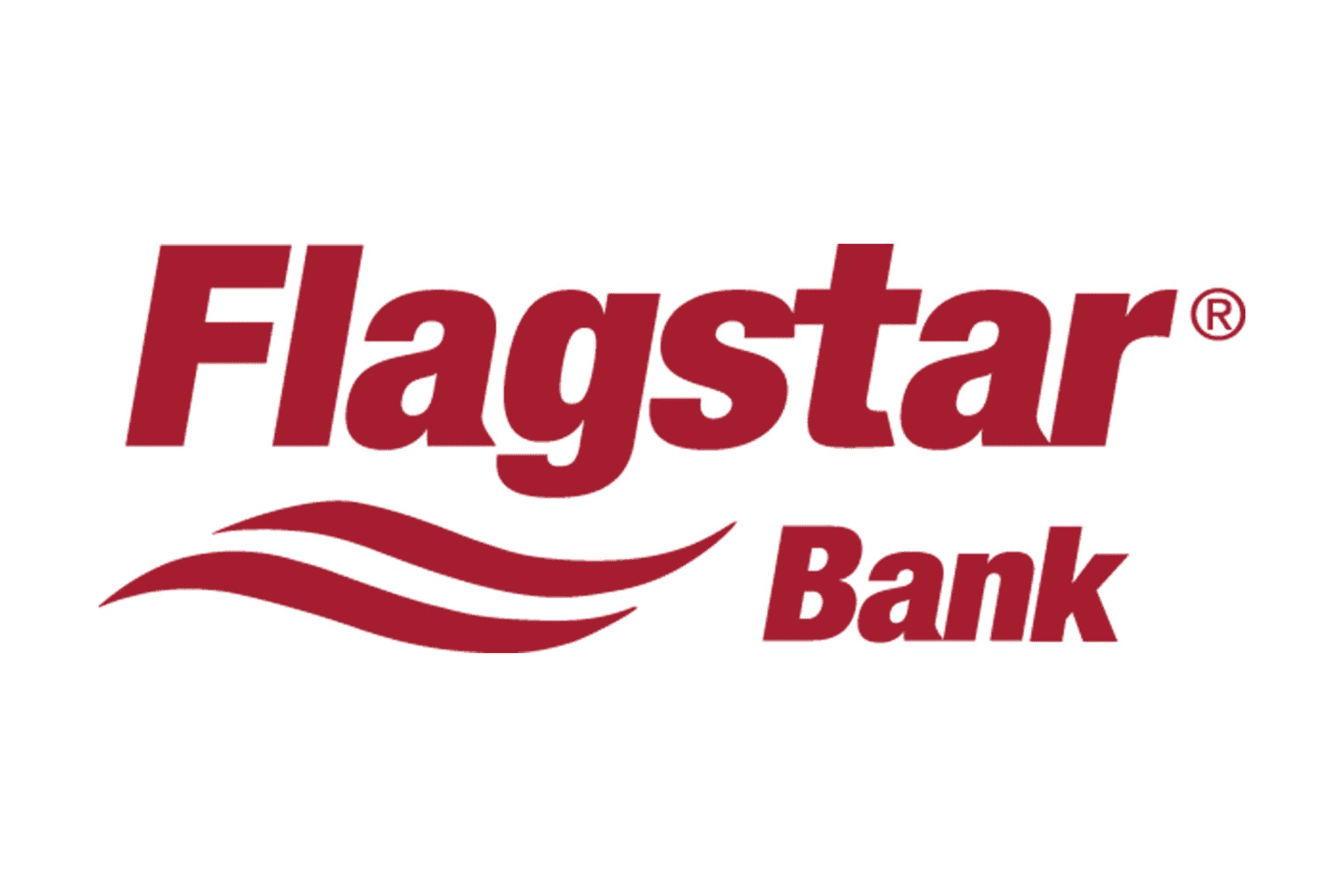In a stunning legal battle that has sent shockwaves through the financial industry, Flagstar Bank, a prominent Michigan-based financial institution headquartered in Troy, has taken legal action against Hometown Lenders, a mortgage company, seeking to recover more than $21 million. The lawsuit alleges that Hometown Lenders defaulted on a series of loans, leaving Flagstar Bank in a precarious financial position. In this blog post, we will delve into the details of this lawsuit, exploring the background, the legal claims, and the potential consequences for both parties involved.
The Background
Flagstar Bank, a well-established financial institution with a history spanning several decades, has always prided itself on its responsible lending practices and stringent risk assessment procedures. Hometown Lenders, on the other hand, is a mortgage company that had been steadily growing its operations over the past few years. The two entities crossed paths when Hometown Lenders approached Flagstar Bank for a series of loans to fuel their expansion plans.
Flagstar Bank, cautious as ever, conducted thorough due diligence before granting these loans. This involved scrutinizing Hometown Lenders’ financial statements, business projections, and creditworthiness. In the end, Flagstar Bank decided to extend multiple loans to Hometown Lenders, totaling more than $21 million.
The Allegations
The crux of the lawsuit lies in the allegations made by Flagstar Bank against Hometown Lenders. According to the legal documents filed by Flagstar Bank, Hometown Lenders defaulted on these loans, failing to meet their financial obligations. The allegations point to several instances of misconduct and breach of contract:
- Failure to Make Timely Payments: Flagstar Bank asserts that Hometown Lenders consistently missed scheduled loan payments, violating the terms of the loan agreements. This resulted in a significant accumulation of outstanding debt.
- Misrepresentation of Financial Health: Flagstar Bank further alleges that Hometown Lenders provided inaccurate and misleading financial information during the loan application process. They argue that had they been aware of the true state of Hometown Lenders’ finances, they would not have granted the loans.
- Violation of Covenants: The lawsuit also claims that Hometown Lenders breached various covenants and contractual obligations, thereby jeopardizing the financial stability of Flagstar Bank.
- Failure to Provide Collateral: Flagstar Bank contends that Hometown Lenders failed to meet collateral requirements specified in the loan agreements, further exacerbating the risk associated with the loans.
The Legal Battle
The lawsuit has now entered the legal arena, where both parties are preparing to present their cases. Legal experts suggest that this battle could be long and drawn-out, given the complexity of the financial transactions and the significant amount of money at stake.
Hometown Lenders has not remained silent in the face of these allegations. They vehemently deny the accusations made by Flagstar Bank, asserting that they have always acted in good faith and have encountered unforeseen challenges that led to their financial difficulties.
Flagstar Bank, on the other hand, has stated that they have exhausted all possible avenues for resolution outside of court and have been left with no choice but to seek legal redress to recover their funds.
Potential Consequences
The outcome of this lawsuit could have far-reaching consequences for both Flagstar Bank and Hometown Lenders, as well as the broader financial industry.
For Flagstar Bank:
- Financial Impact: The $21 million at stake represents a significant amount of capital for Flagstar Bank. A favorable ruling would allow them to recover their funds, potentially stabilizing their financial position.
- Reputation: The lawsuit has garnered significant media attention, and the outcome could impact Flagstar Bank’s reputation. A victory would reaffirm their commitment to responsible lending, while a loss could raise questions about their risk assessment practices.
For Hometown Lenders:
- Financial Strain: The lawsuit could strain Hometown Lenders’ financial resources. Even if they ultimately prevail, the legal costs and the time spent defending their case could have a substantial financial impact.
- Reputation and Future Financing: Regardless of the outcome, Hometown Lenders’ reputation in the industry may be tarnished. This could affect their ability to secure financing and partnerships in the future.
For the Industry:
- Regulatory Scrutiny: The lawsuit may attract regulatory scrutiny, prompting authorities to evaluate lending practices and risk assessment in the mortgage industry more closely.
- Lending Standards: The case may also influence lending standards and practices across the financial sector, encouraging lenders to be even more cautious when extending loans.
Conclusion
The lawsuit filed by Flagstar Bank against Hometown Lenders for over $21 million is a stark reminder of the risks inherent in the financial industry. It highlights the importance of due diligence, responsible lending practices, and the need for clear and enforceable contracts.
As this legal battle unfolds, the eyes of the financial world will be closely watching. The outcome will not only determine the fate of the parties involved but also shape the way financial institutions conduct business and assess risk in the future. Regardless of the result, this case serves as a cautionary tale for lenders and borrowers alike, emphasizing the need for transparency, accountability, and adherence to contractual obligations in all financial transactions.
Want Up To Date Information? Sign Up for our Newsletter
